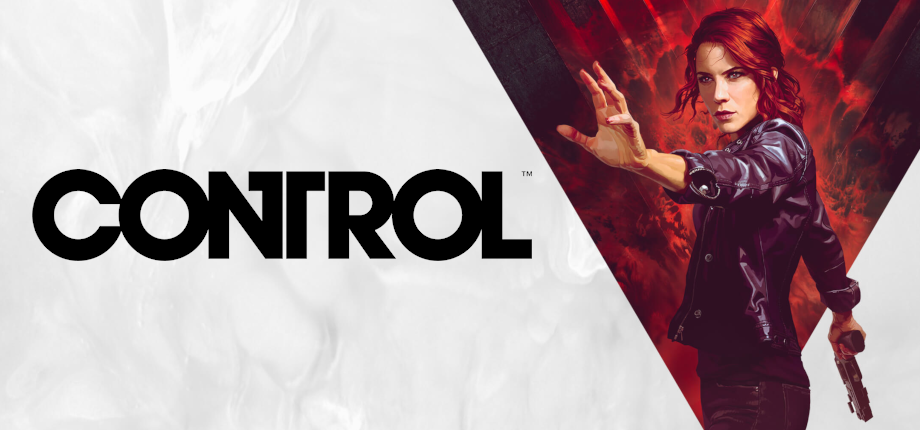
Control
I have ambivalent feelings toward Remedy Entertainment. On the one hand, they have all these out-there story ideas (or at least, they adapt other people’s out-there story ideas into video games), but when it comes to gameplay, they can’t seem to come up with anything beyond “a shooter, and maybe some magic.” But then again, they’ve gotten so good at making magically augmented shooters that it’s hard to fault them for doing so. In the case of Control, the narrative backdrop is basically SCP Foundation, an intriguing and multifaceted setting that it mostly uses to stage chaotic and visually spectacular firefights – featuring magic, of course. The two most notable non-gun mechanics are telekinesis and levitation. The former might be kind of old hat by now, but it’s rejuvenated by highly destructible environments that let you rip out sections of floor and wall in desperation. The latter, meanwhile, is an extremely liberating mechanic that feels wonderful to use. And yet, there’s always a sense that the game should be more.
The difficult thing about Control is that aspects that would unambiguously be flaws in another game are entirely appropriate here. The level design is difficult to navigate, but it’s an artistic highlight, simultaneously feeling like every office building ever made and a sprawling, eldritch entity unto itself. There are unexplored traces of big ideas in the periphery of the narrative, but it makes perfect thematic sense that the story would focus on the immediate conflict and accept that not everything will be understood. By the same logic, the fact that the game presents as horror (especially with its impressively otherworldly sound design) but is only mildly frightening at best is arguably a feature and not a bug. There’s no excuse for its half-hearted conclusion or its entirely unnecessary upgrade system, however.